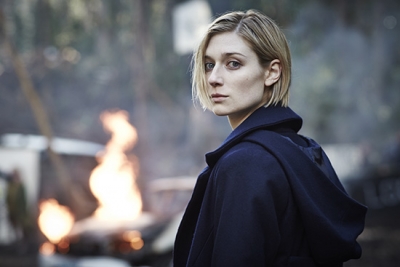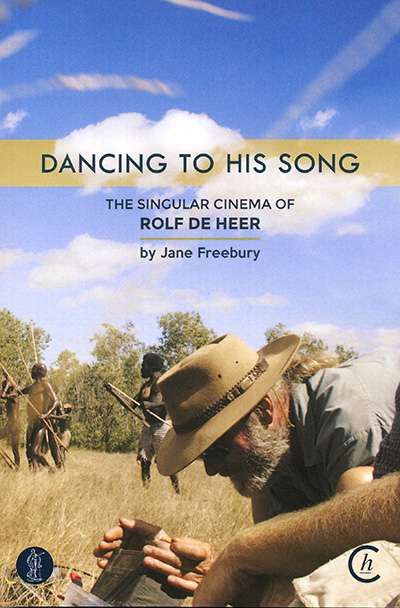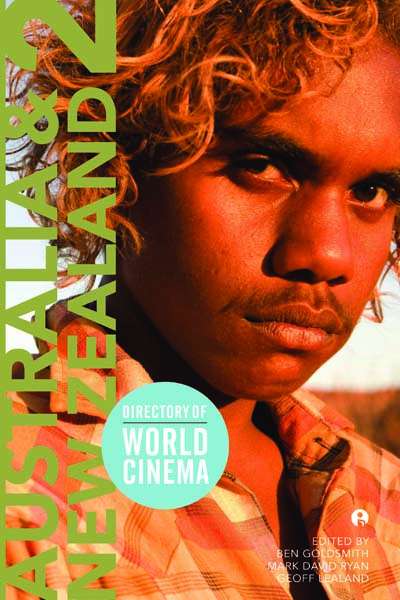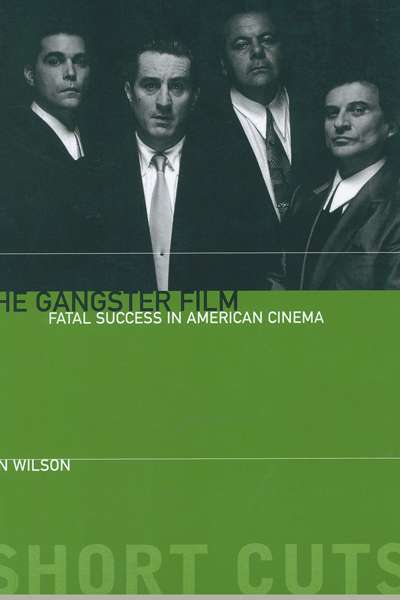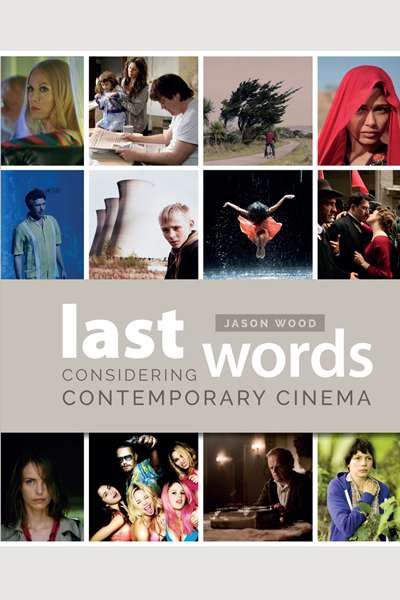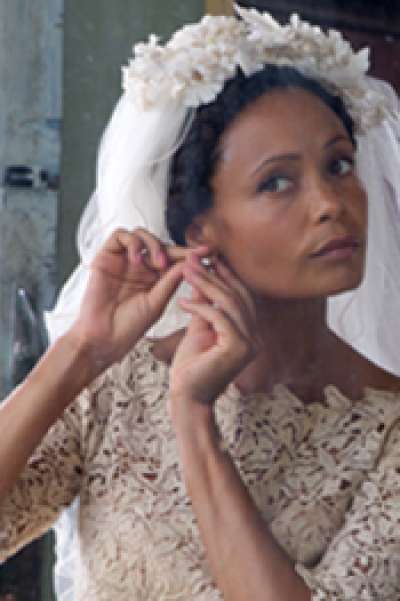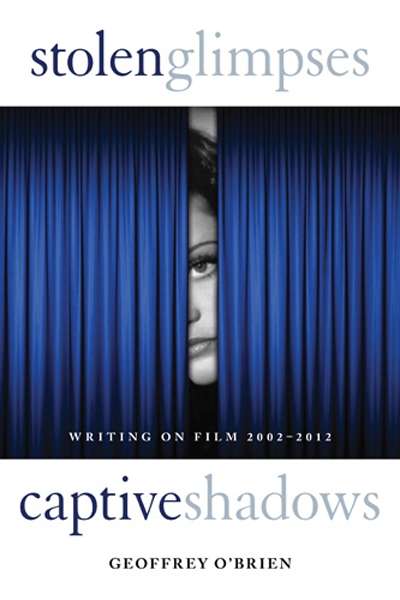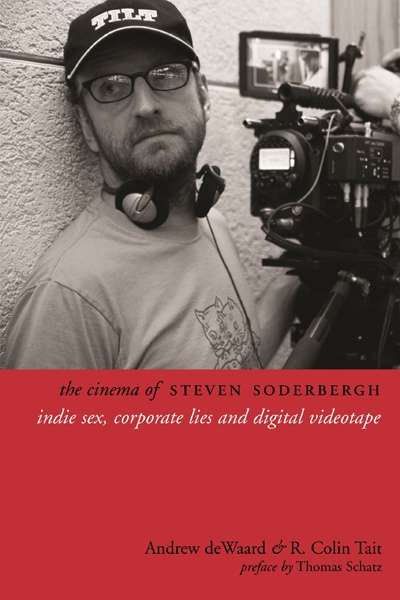Jake Wilson
Jake Wilson is a freelance writer who lives in Melbourne and reviews films regularly for The Age. Formerly the Melbourne correspondent for Urban Cinefile and a co-editor of Senses of Cinema, he has contributed to a range of print and online publications, including Kill Your Darlings, RealTime, Bright Lights Film Journal, and Meanjin. Some of his film writings are archived on his personal website.
More has been written about Rolf de Heer than about most Australian film directors of his generation, but Jane Freebury's Dancing to His Song contains its share of fresh material. Who knew, for instance, that de Heer spent five months in the Philippines as the original, uncredited director of the obscure action movie Driving Force (1989), starring Patrick Swayze's lookalike brother Don and billed ... (read more)
Careful readers will soon notice something puzzling about this book, an attractive large-format paperback with frequent colour illustrations. Staring accusingly from the cover is the young indigenous actor Rowan McNamara, one of the stars of Warwick Thornton's 2009 love story Samson & Delilah. The image seems aptly chosen: Thornton's film is an acknowledged landmark in twenty-first-century Aus ... (read more)
Part of a series aimed at undergraduates, Ron Wilson’s stimulating guide to American gangster cinema covers much ground in just over a hundred pages. What is especially useful about Wilson’s approach is his ability to place the genre in a context that extends beyond cinema: not so much what actual gangsters said and did, but the various discourses, from pulp novels to politicians’ speeches, ... (read more)
‘Published interviews with filmmakers are increasingly becoming a thing of the past,’ writes Jason Wood in the introduction to Last Words. You could have fooled me. I suspect that Wood’s statement would come as a surprise to others as well, especially readers of the invaluable Keyframe Daily column on the Fandor website, a digest of international film news that links to dozens of such interv ... (read more)
Orson Welles once described himself as a ‘king’ actor. Ralph Fiennes seems born to play dukes: nearly all his screen characters, even the crooks and madmen, share an imperious quality that goes with a kind of stony reticence. It felt natural that he should make his film directorial début with an adaptation of Coriolanus (2011), one of Shakespeare’s most misanthropic tragedies, in which he p ... (read more)
A chronicle of Nigeria in the turbulent 1960s, Chimamanda Ngozi Adichie’s novel Half of a Yellow Sun (2006) is, to put it crudely, a page-turner: a story of love, sex, betrayal, horror, heartbreak, and, ultimately, forgiveness. In other words, ideal material for cinema: it is easy to understand why this film adaptation has been described by its star Thandie Newton as a Nigerian Gone with the Win ... (read more)
As film critics go, Geoffrey O’Brien is a lover, not a fighter: unconcerned with starting quarrels or settling scores, he simply aims to share his pleasure in what he has seen. Perhaps his remarkably good temper stems from the fact that he is not a full-time critic, but an example of that nearly extinct species, the all-round man of letters. He is editor-in-chief of the Library Of America series ... (read more)
Nevil Shute’s apocalyptic 1957 novel On The Beach and Stanley Kramer’s 1959 movie adaptation hold a continued fascination, particularly for Melburnians – even if we have grown weary of the famous quip, attributed to Ava Gardner, about the city being the ideal place to film the end of the world. Largely setting aside such parochial concerns, Lawrence Johnston’s documentary Fallout offers a ... (read more)
In many ways, Steven Soderbergh could be described as an exemplary postmodern film-maker: smart, prolific, and pragmatic, at ease with Hollywood blockbusters and low-budget experiments alike. He knows enough about the nuts and bolts of technique to serve as his own cinematographer, and enough about the science of deal-making to sustain a parallel career as a producer (thirty films and counting, in ... (read more)


